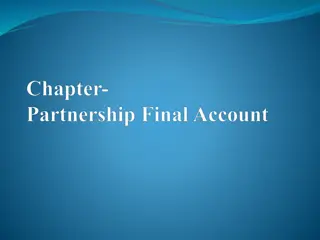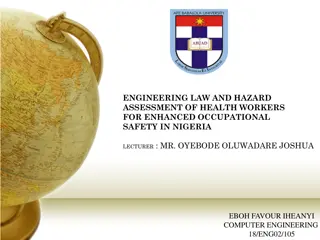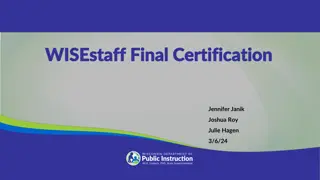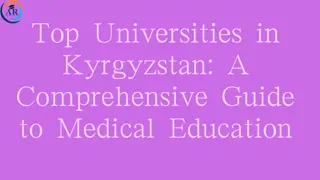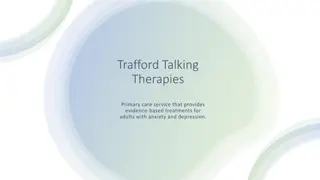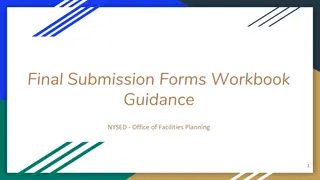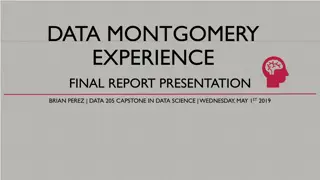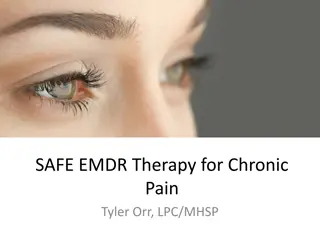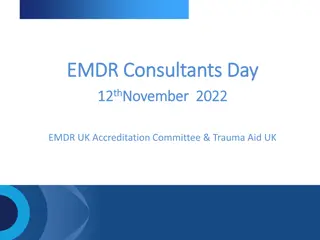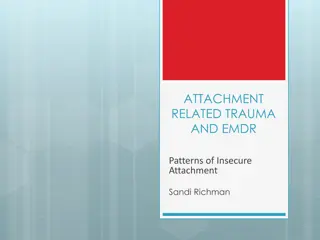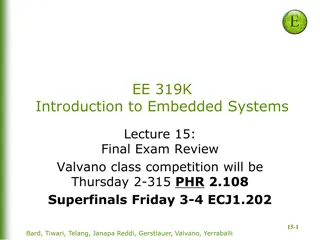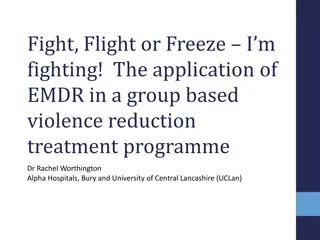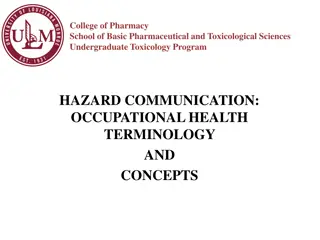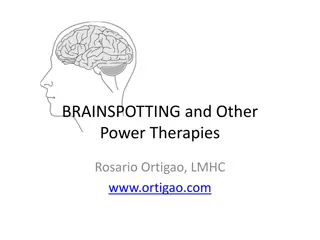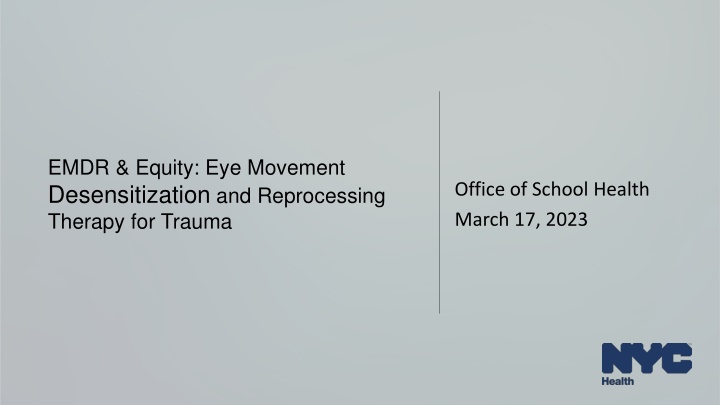
Innovative Approach to Trauma Treatment in NYC Schools
Discover how Eye Movement Desensitization and Reprocessing Therapy (EMDR) is transforming trauma treatment in NYC schools, offering effective solutions without the need for extensive verbal communication. Learn about the evidence-based benefits of EMDR, its unique advantages over traditional therapies, and NYC's efforts to enhance access and equity in public schools.
Uploaded on | 7 Views
Download Presentation

Please find below an Image/Link to download the presentation.
The content on the website is provided AS IS for your information and personal use only. It may not be sold, licensed, or shared on other websites without obtaining consent from the author. If you encounter any issues during the download, it is possible that the publisher has removed the file from their server.
You are allowed to download the files provided on this website for personal or commercial use, subject to the condition that they are used lawfully. All files are the property of their respective owners.
The content on the website is provided AS IS for your information and personal use only. It may not be sold, licensed, or shared on other websites without obtaining consent from the author.
E N D
Presentation Transcript
EMDR & Equity: Eye Movement Desensitization and Reprocessing Therapy for Trauma Office of School Health March 17, 2023
NYC DOHMH Office of School Health Office of School NYC NYC NYC DOHMH DOHMH NYC DOE DOE Office of School Health Health Adolescent Adolescent Health Unit Health Unit School- Based Health Centers (SBHCs) Technical Assistance & Connecting Adolescents to Comprehensive Healthcare Connecting Adolescents to Comprehensive Healthcare (CATCH) (CATCH) School-Based Health Centers (SBHCs) Technical Assistance & Training Training Mental Health Training Program Data & Evaluation
Eye Movement Desensitization and Reprocessing (EMDR) Therapy is one of the leading evidence-based modalities developed in the past 25 years for the treatment of trauma. What is EMDR? Developed in the 1980 s by Francine Shapiro She discovered a connection between eye movement and persistent upsetting memories Effective in reducing PTSD symptoms Proven to be effective with a variety of other psychological challenges and issues including reducing behavioral and self-esteem issues in children As effective as trauma-focused CBT
Does not require talking in detail about the distressing issue Achieve positive outcomes in fewer sessions then traditional therapies Designed to resolve unprocessed traumatic memories in the brain rather than emotions Changes the way the memory is stored in the brain Utilizes bilateral stimulation eye, tapping, audio How is EMDR Different?
Access for Youth in NYC Public Schools Increasing Access = Equity Historically EMDR not widely available in public sector NYC DOHMH committed to reducing access barriers
NYC Identified key stakeholders Engaged SBHC Leadership 1st Outlined training and participation expectations Training & Implementation Lessons Learned Fluid DOHMH Project Overview
Part 1 History of EMDR Research Client screening Practice Part 2 Conceptualization EMDR Procedures Practice Consultations 10 hours of group practice/supervision What does EMDR training consist of?
SBHC Mental Health Clinicians Trained 57 Licensed MH Providers Trained Children's Aid Institute Family Health Morris Heights Health Center Montefiore Mount Sinai Pediatrics Mount Sinai Adolescent Health Center Northwell LIJ New York Presbyterian New York University Langone Health
144 unique SBHC patients received EMDR 2021- present 72 unique SBHC patients received EMDR SY22/23 Primary Dx noted: Depression, Anxiety, PTSD NYC SBHC DATA
Identifying community providers to link students to What funding is available to train on small scale Survey your SBHC community o Are there providers already trained? Explore low-cost training opportunities Opportunities to Increase EMDR in Your Community
Kelly Celony, PhD., LCSW, MPH Director of Special Initiatives kcelony@health.nyc.gov 718-786-4995 OSH Contact Info Digna Peralta, PhD. Mental Health Training Program Manager dperalta@health.nyc.gov


